News & views.
A collection of stories about data, public opinion and politics and news about our firm.

What went wrong with last year’s election surveys?
The American Association for Public Opinion Research (AAPOR) convened a task force to explore what went wrong with the state polls that missed the mark (national polls weren’t too far off).
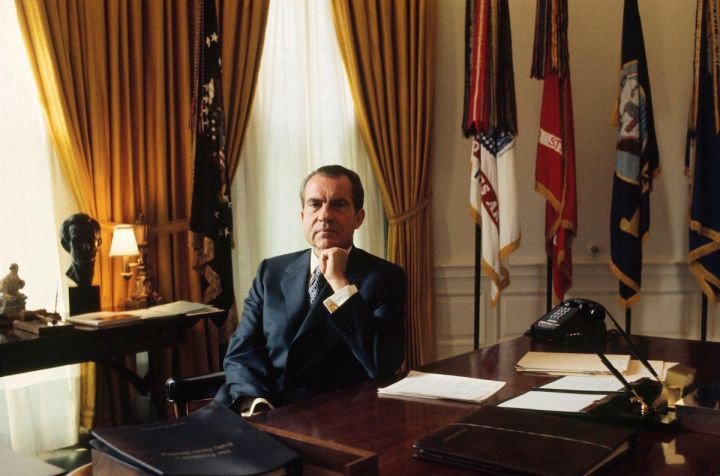
What can Nixon’s Path Tell us About the Next 18 Months for Trump?
Our partners, David V. Iannelli and Andrew Sullivan, ask if are we observing the most rapid unraveling of a presidency in modern U.S. history. They look to public opinion for the answer, since President Trump’s path to re-election — or removal from office — will follow his support from the public (or lack thereof).

Finding Goldilocks Solutions to Immigration Challenges
Despite generally partisan reactions to President Trump’s recent efforts to tighten our nation’s borders, Americans support nuanced immigration policy. They believe we should balance our humanitarian principles with efforts to ensure our security.

Behavioral Economics Explains What’s Going on with the Public
In these hyper-partisan times, understanding people’s behavior can help us communicate with them more effectively and ultimately make policies and business decisions that cut across party lines and benefit everyone.

Are Consumers Willing to Pay the Price for Healthier Foods?
Amber and Murali, Strategy Director at Publicis, present the findings of research on people’s perceptions of healthier, less processed and animal-friendly foods. They find that consumers want and are willing to pay more for “better-for-you” foods, but people see improvements in the industry stemming from consumer demand rather than leadership on the part of food companies.

Choosing a Communications Analytics Tool
Figure out what you need to accomplish, who you need to deal with, what questions you need to address. The answers will flow from there, and you’ll find the research tools which suit your needs.

The Rebellious Teenager Inside Every American Voter
Our partner, David Iannelli, makes a counterintuitive argument about President Trump’s approval rating. Widely seen as dismal, the numbers contain a core of strength. This strength suggests that perhaps the constant protests — combined with a strong U.S. economy — might galvanize Trump support and lead to greater electoral turnout in years ahead.

The American Public Wants Bipartisanship and Balanced Policymaking, in Healthcare and Beyond. Seriously.
If you look past the partisan rancor and protests, Americans believe – in overwhelming numbers – that a bipartisan approach to policymaking will yield better results.

A New French Export: Thoughtful Perspective on Horse Race Polling
Last month Le Parisien decided to follow Gallup’s lead, focusing on in-depth reporting of the public mood and political candidates’ policy platforms. It’s big news because Le Parisien is famous for covering the horse race, and France has one of the highest rates of political opinion polling in the world.
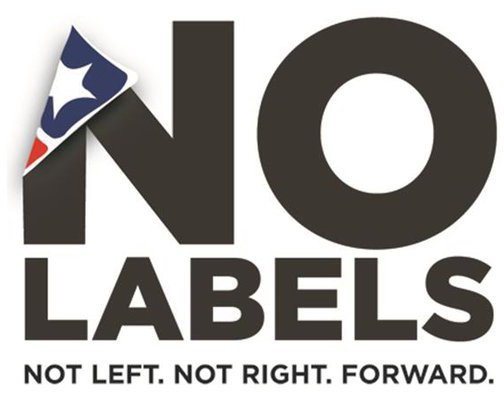
No Labels Poll: Americans Demand Bipartisan Approach from Congress and Trump Administration
New research on the American public’s policy priorities for the new Congress and incoming Trump administration finds overwhelming support for bipartisan solutions in general and for healthcare in particular.

Killing trust in America
In an era of historically low trust in public institutions, grappling with this cynicism is among the most significant challenges any public leader – in business, government or otherwise – is facing today.
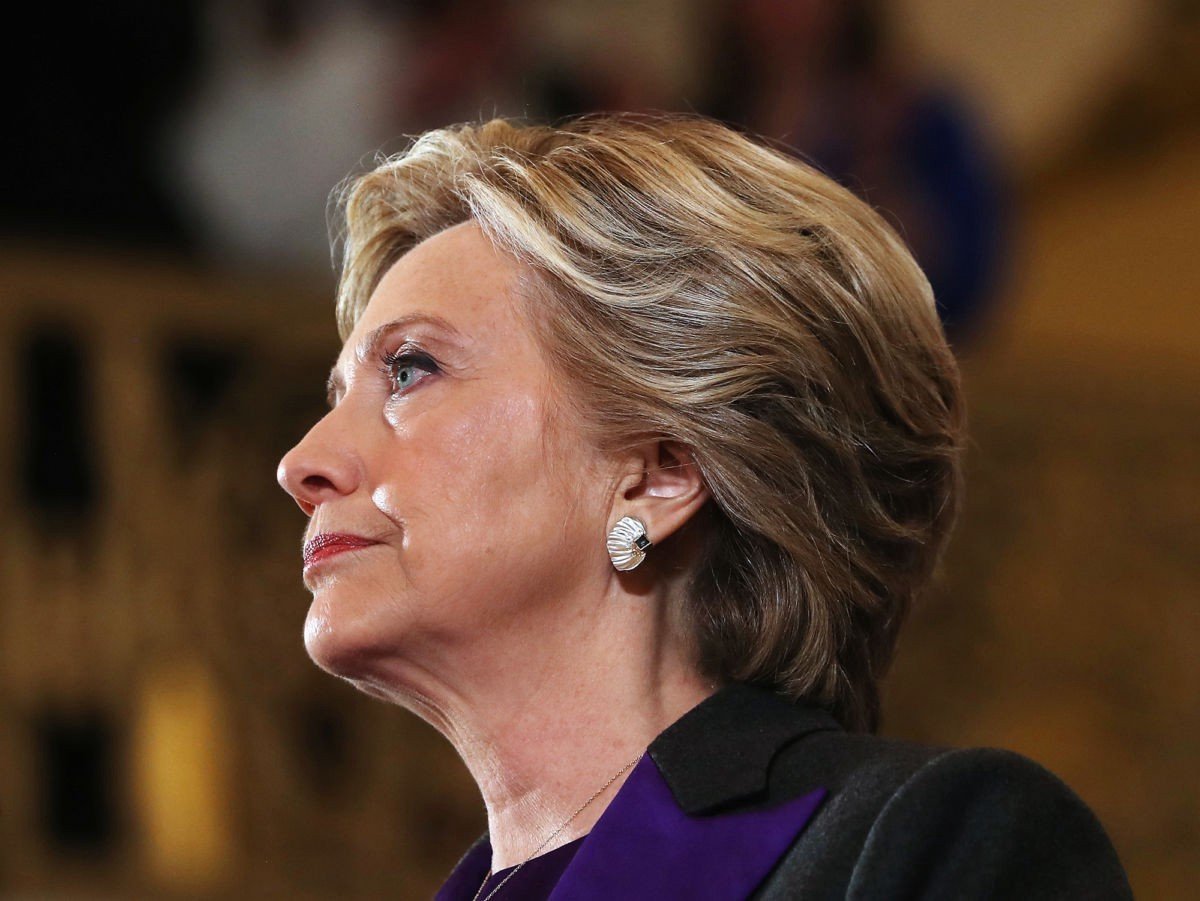
Re-thinking Election Forecasting Based on Horse Race Polls
In the aftermath of Trump’s win on Tuesday, it’s time for a serious re-think of election forecasting that relies too heavily on horse race polling.
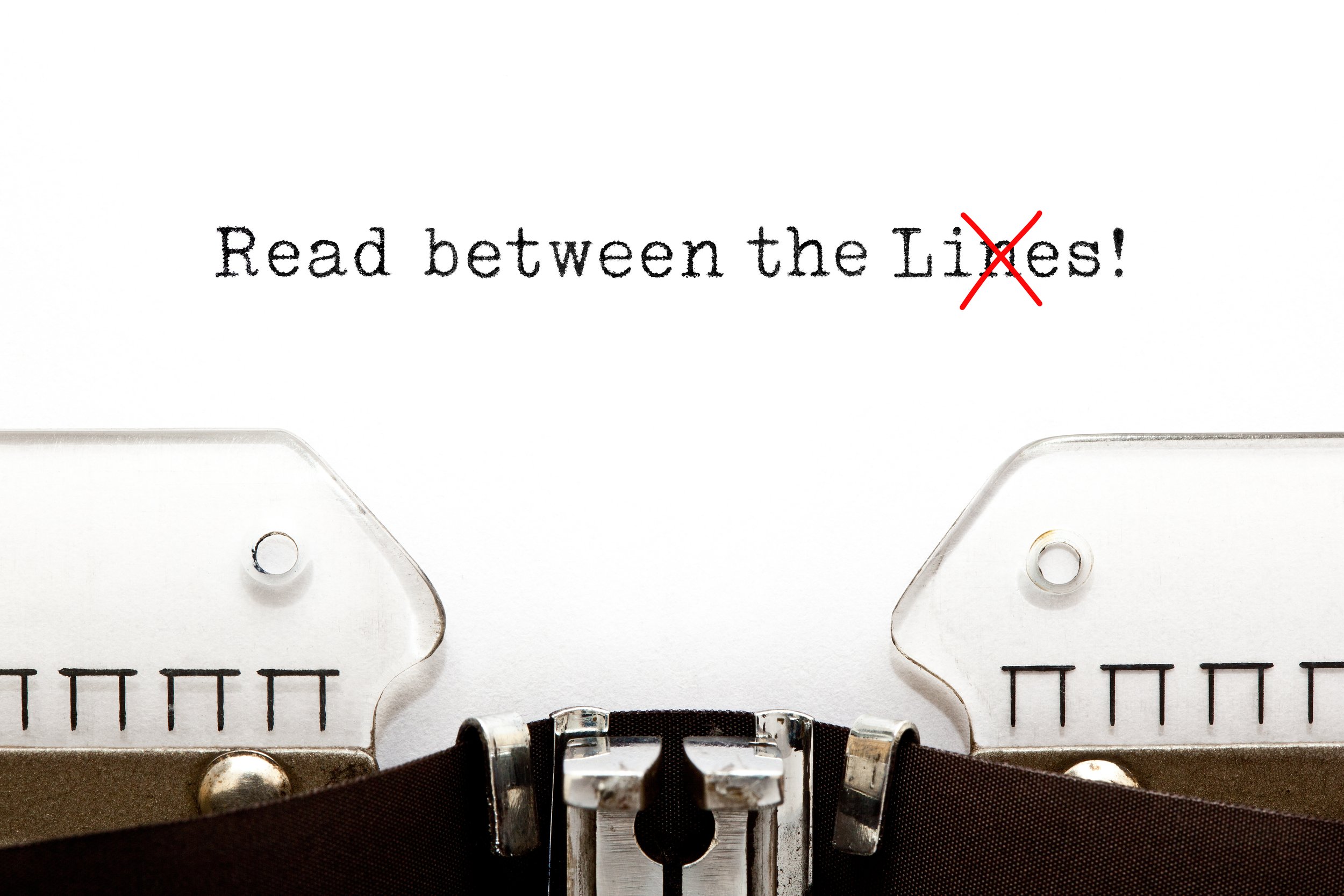
Persuasion in Presidential Politics (and Business)
Psychology teaches us that we both embrace information that reinforces our own point of view (confirmation bias) and explain away information that undermines our identity or sense of self (self-affirmation theory). If you feel that your friend isn’t really absorbing your arguments on Facebook, you are right!

Why Intensity of Opinion is a Key Metric to Watch in the 2016 Homestretch
Intensity of opinion is even more important in public affairs campaigning than in the presidential election. Being able to identify your base of support and those who are persuadable on an issue is critical to the success of your effort.

How Do We Know? The Value of a Data-driven public Affairs Strategy
Without a foundation of data-driven insights to support our recommendations, we are only as good as our next brilliant idea. That’s not to minimize the importance of great ideas, but they are much more likely to achieve desired outcomes when built upon objective research.

Bridging the Gap: Public Affairs and Business Goals
We offer this analogy in closing: think of public affairs work as a political campaign on behalf of a company or organization. The most effective public affairs professionals bring the urgency, rigor and focus of a campaign to your company’s issue. They convert data about the public into a coherent strategy and encourage the message discipline needed to achieve business goals. And they always put the client’s needs first.
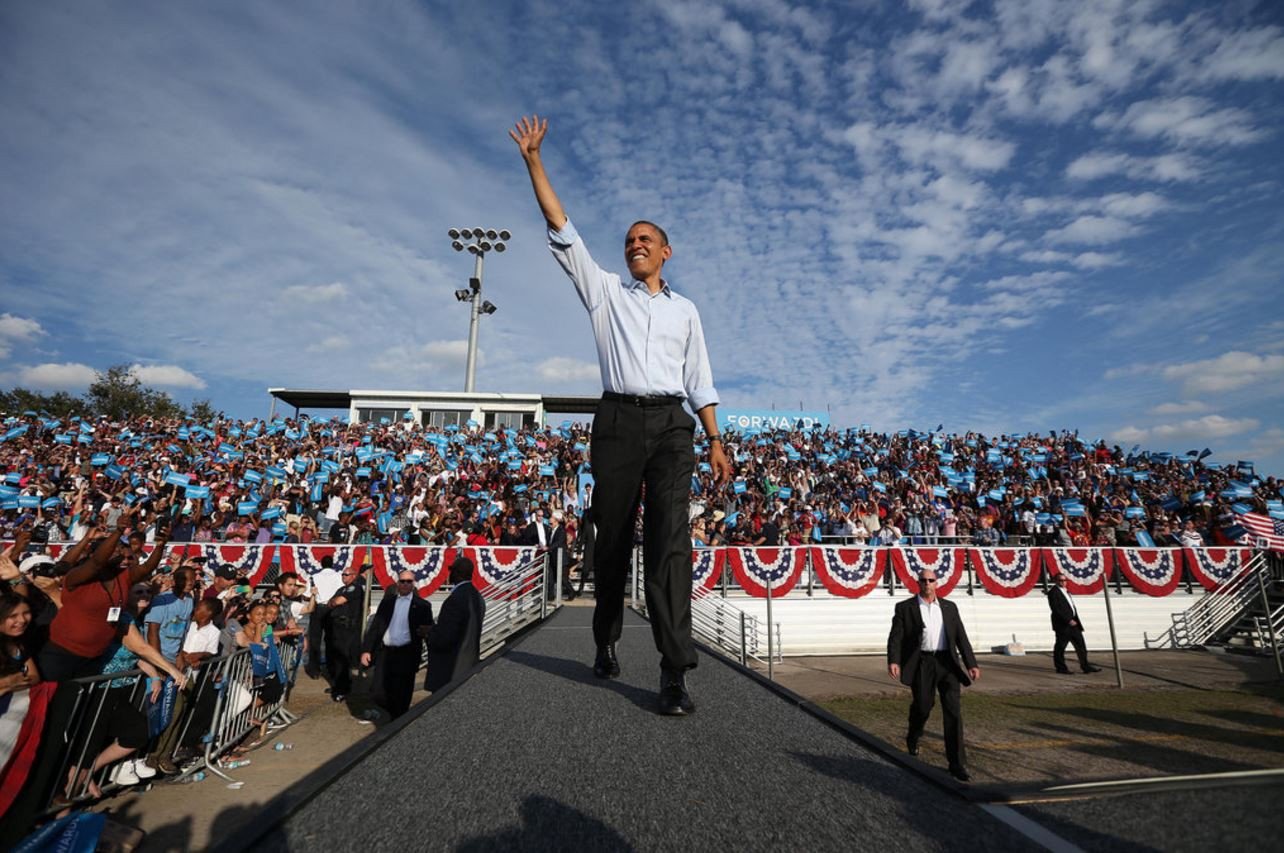
Horse Race Polling: Resist the Sweet Treat
Our point here is that the most meaningful presidential polling has nothing to do with the horse race. The most meaningful polling involves efforts to understand the values underpinning voter attitudes and converting them into a coherent campaign strategy. Why? Because in contrast to preference for a candidate, people’s values are unlikely to change over the course of a campaign.

Directing Moneyball Public Affairs Campaigns
The public affairs industry is dominated by old-school consultants who base their counsel on gut instinct or trade on relationships. We have more data and computing power at our fingertips to inform smart decisions than ever before, yet the industry resists a Moneyball upgrade. It’s a confounding situation.

Moneyball Public Affairs
As once was the case in baseball, the public affairs industry is dominated by old-school consultants who base their counsel on gut instinct or trade on relationships. A recommendation that client engagements should be built on a foundation of data is often met with blank stares. “What could a poll tell us that we don’t already know about a client’s situation?” But without evidence, how do you know your advice is sound?
